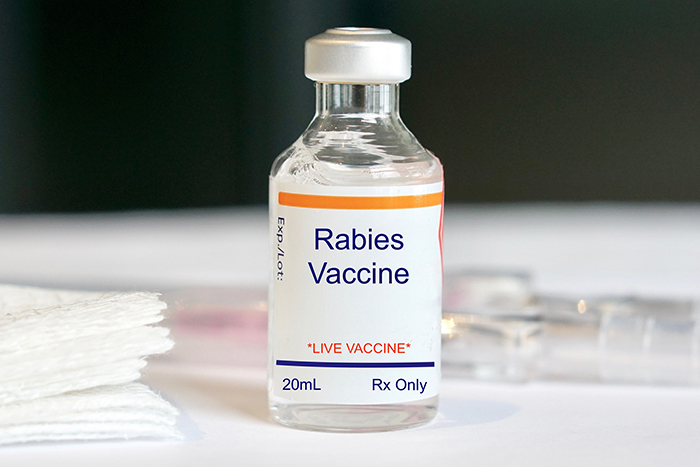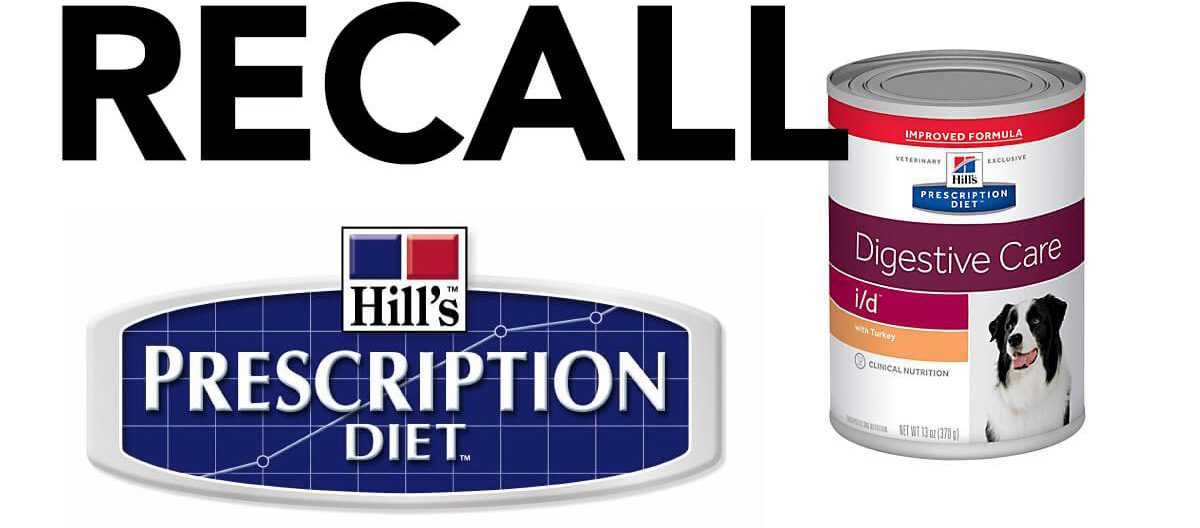
In light of the recent FDA report announcing the potential link between certain diets and canine dilated cardiomyopathy (DCM), Pieper Veterinary recommends to avoid feeding dogs “BEG” diets. “BEG” diets include diets made by boutique companies, those with exotic ingredients, and grain-free diets. Though still under investigation, the apparent link between these diets and DCM may be due to ingredients found in “BEG” diets, such as atypical meats and vegetables, or legume-rich ingredients used to replace grains in grain-free diets, such as lentils and chickpeas. Raw or home cooked diets are not safe alternatives since these diets can increase the risk of many health conditions, including DCM.
Continue Reading

Of the three types of lilies pictures above, none of them are safe to keep around your cat or dog.
Lilies are beautiful plants that can be commonly found in gardens, stores, and flower bouquets all across the world. But for our pets, these attractive flowers hide an unexpected danger. Lily toxicity can cause vomiting, diarrhea, kidney failure, and even death - and it only takes a small amount of the plant to do serious damage.
Continue Reading

If you live in Connecticut, you’ve almost certainly heard of Lyme disease – you may even know someone who’s had it, or have had it yourself. This disease (also called “Borreliosis” after the bacteria which causes it, Borrelia burgdorferi) is spread by the bites of affected ticks and can cause symptoms such as fever, a rash, joint pain, and nerve pain.
But Lyme disease doesn’t just impact humans – our pets can also be affected. Dr. Nicole Belward, one of Pieper Veterinary’s board-certified Internal Medicine specialists, talks about how to recognize the signs of Lyme disease and how to protect your pets from tick-borne illnesses.
Continue Reading
Pieper is proud to announce that we’ve been able to expand our Diagnostic Imaging department to include a new tool: Fluoroscopy. Using a piece of equipment called a C-Arm, we’re able to take a continuous, real-time “movie” made of X-ray images. These are very useful for guiding and increasing precision in orthopedic surgeries, neurosurgery, interventional procedures, and contrast studies (which is shown here).
In this video, we can see a contrast study of a dog swallowing. We’re excited to utilize this technology to help provide our patients with the best care possible!
 Police in Groton, CT announced recently that a family dog in the area tested positive for rabies. Rabies has become rare in the US thanks to the rabies vaccine and public awareness, but this deadly disease is responsible for almost 60,000 human deaths worldwide every year.
Police in Groton, CT announced recently that a family dog in the area tested positive for rabies. Rabies has become rare in the US thanks to the rabies vaccine and public awareness, but this deadly disease is responsible for almost 60,000 human deaths worldwide every year.
Dr. Benjamin March, one of Pieper's primary care veterinarians, answered some questions for us about the dangers of rabies, and how we can help protect both our pets and our human families.
Continue Reading

Hill’s (Science Diet) has updated their January food recall, which included several varieties of canned food found to have high levels of vitamin D. To see the updated list of all affected foods, please review https://www.hillspet.com/productlist .
Due to multiple recalls over a short period, Pieper Veterinary has elected to temporarily remove Hill’s canine canned diets from inventory until additional information from Hill’s is available. We recommend discussing options with your veterinarian. To continue feeding a Hill’s canned canine diet, please purchase from https://pieperolson.vetsfirstchoice.com/ or another online vendor during this time period. If you would like to transition to a comparable diet, please contact your veterinarian to discuss alternative options. Please remember, all diet changes should be gradual to reduce the risk of causing gastrointestinal upset.
We checked in with Dr. Nunez, a veterinarian and one of the owners of Pieper Veterinary, to find out more information about how we can help our pets during this recall.
Continue Reading




 Police in Groton, CT announced recently that a family dog in the area tested positive for rabies. Rabies has become rare in the US thanks to the rabies vaccine and public awareness, but this deadly disease is responsible for almost 60,000 human deaths worldwide every year.
Police in Groton, CT announced recently that a family dog in the area tested positive for rabies. Rabies has become rare in the US thanks to the rabies vaccine and public awareness, but this deadly disease is responsible for almost 60,000 human deaths worldwide every year. 